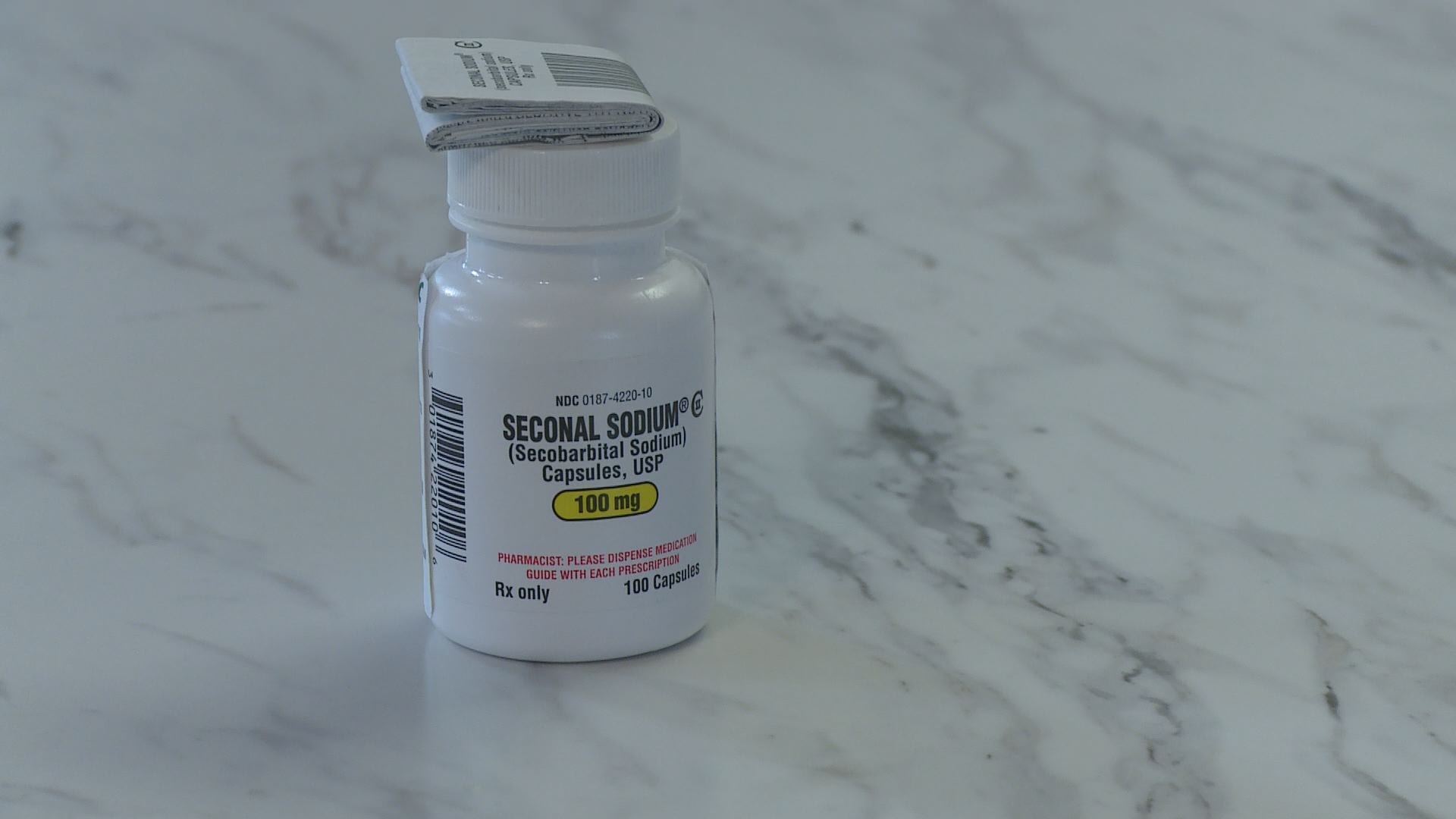Our Next Question follows our story about Kathy Myers, the person in Colorado known to have ended her life under Colorado's new right-to-die law.
Bonnie wrote to Next, asking, "My daughter immediately said, 'If the script is filled but not taken....where will those pills end up?' On the street? What checks and controls will be on them to be sure they have been used or destroyed. Or returned to the doctor?"
The answer is actually addressed in the law, which Colorado formally adopted in December.
The person who has the life-ending medication after the patient's death, if that patient dies naturally without using the prescription, is either supposed to give it to the prescribing doctor or use a drug disposal program, where it will be properly destroyed.
The person who has the prescription would be breaking the law if the medicine is not returned.
But as far as a check, the state's health department told Next they have no regulatory oversight to ensure that the drugs are deposed.
Death with Dignity, a group that advocates for laws like this, points out that there are no reports of misuse of unused medication in the 19 years this law has been around in Oregon.


